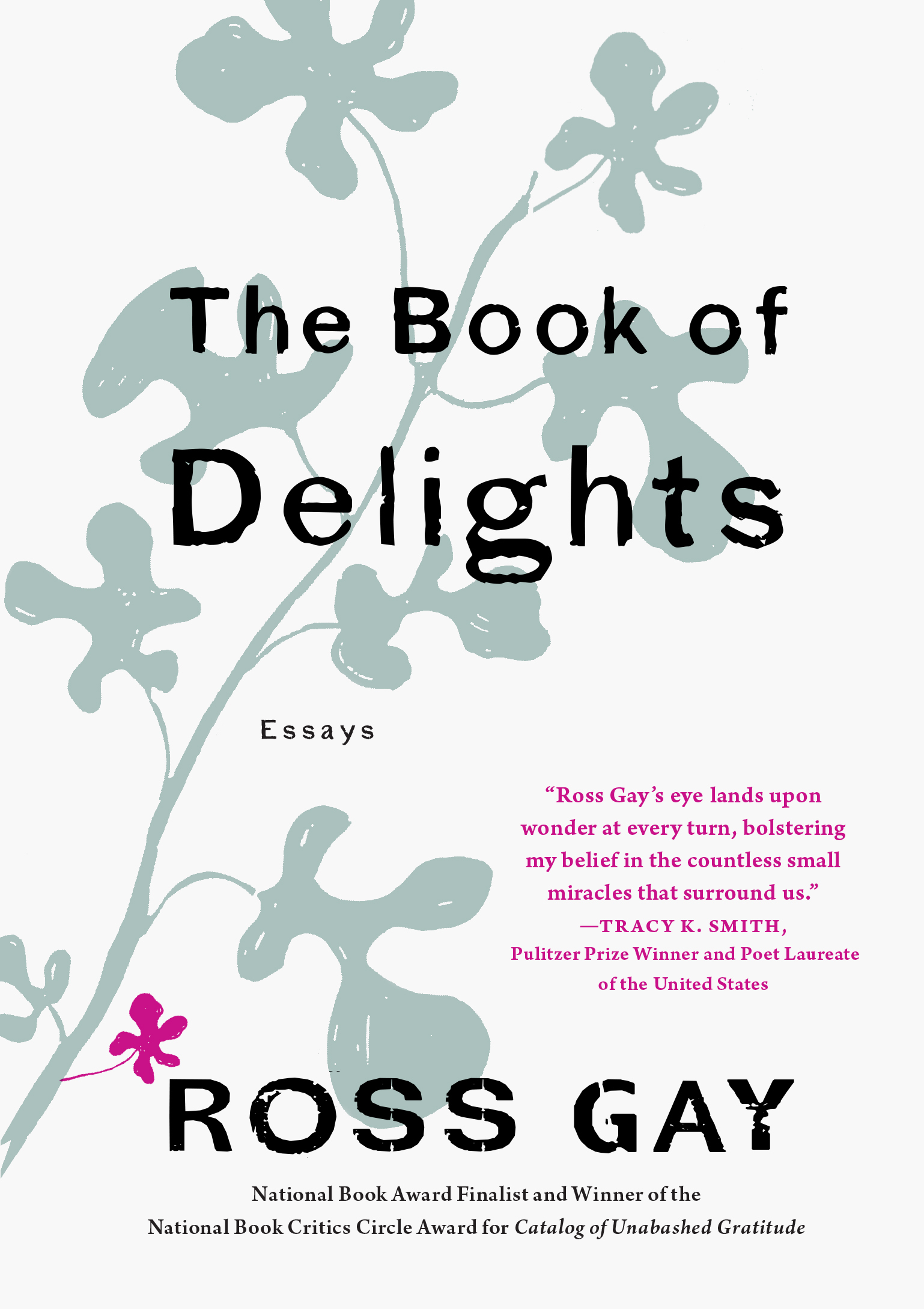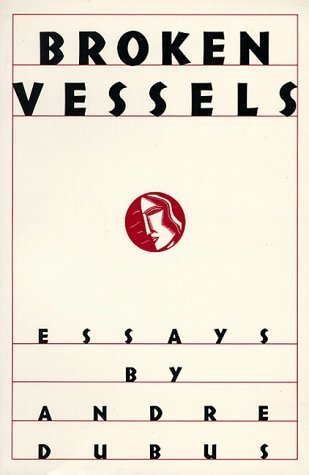
Meditations from a Movable Chair: Essays
Book Description
What does it mean to confront a life altered by tragedy? In "Meditations from a Movable Chair," Andre Dubus unveils the raw truths of existence, capturing the essence of resilience and vulnerability. With poignant essays that explore love, loss, and the human spirit's indomitable will, he invites readers on an intimate journey through the lens of his own life-changing experiences. Each word resonates like a heartbeat, as he wrestles with pain and meditation, finding wisdom in the simplest moments. Can one truly learn to embrace life anew from a place of stillness?
Quick Book Summary
"Meditations from a Movable Chair" is a deeply personal collection of essays by Andre Dubus, written after a life-altering accident confined him to a wheelchair. Through his prose, Dubus reflects on loss, faith, forgiveness, and the search for meaning amid adversity. He invites readers to view the small yet profound moments of daily life—watching his children, savoring relationships, and finding calm within pain. Dubus’s vulnerability is paired with wisdom, as he mines the depths of suffering for kernels of hope, gratitude, and grace. The book is not merely a chronicle of coping with disability but a meditation on the human spirit’s capacity for resilience, spiritual reflection, and rediscovered joy.
Summary of Key Ideas
Table of Contents
Resilience in the Face of Tragedy
After the devastating accident that left Andre Dubus paralyzed from the waist down, he was forced to confront the fragility of existence and the boundaries his new life imposed. Rather than retreat into bitterness, Dubus opens himself to vulnerability, sharing intimate details of his grief and the ways his disability reshapes his identity and relationships. His essays chronicle not only physical pain but the emotional journey toward acceptance, highlighting his profound resilience.
Finding Meaning in the Everyday
Dubus’s keen attention to daily routines becomes a form of meditation, allowing him to extract meaning from ordinary interactions and quiet moments. A central theme is his encounter with his children, family, and friends—each interaction magnified by his physical limitations. These small acts, like sitting quietly or engaging in conversation, become celebrations of interconnectedness and reminders of the unspoken grace woven through daily experience.
Faith and Spiritual Reflection
Throughout the collection, Dubus’s Catholic faith serves as a wellspring of solace and interpretive framework. He reflects on rituals, prayer, and the practice of forgiveness, both for himself and others. Spiritual contemplation does not erase his suffering but recontextualizes it, offering Dubus guidance, stability, and a sense of shared humanity. His essays unfold as sincere dialogues with life’s greatest uncertainties: God, mortality, and the persistence of love amid loss.
The Power of Compassion and Forgiveness
The act of writing and storytelling becomes therapeutic for Dubus, enabling him to process anger, sorrow, and regret. He explores the necessity of compassion, for both self and others, as a transformative force. Through his essays, Dubus advocates for a harder, deeper form of forgiveness—rooted in understanding and humility, even when physical or emotional wounds seem insurmountable.
Rediscovering Joy Through Suffering
Despite the somber tone of many essays, Dubus’s perspective is ultimately hopeful. The collection closes with meditations on rediscovering joy: a sunrise glimpsed through a window, the delight of conversation, or the spiritual companionship of loved ones. In these essays, Dubus offers a sustained celebration of resilience, finding that even from a place of stillness, the fullness of life can be embraced anew.
Download This Summary
Get a free PDF of this summary instantly — no email required.





